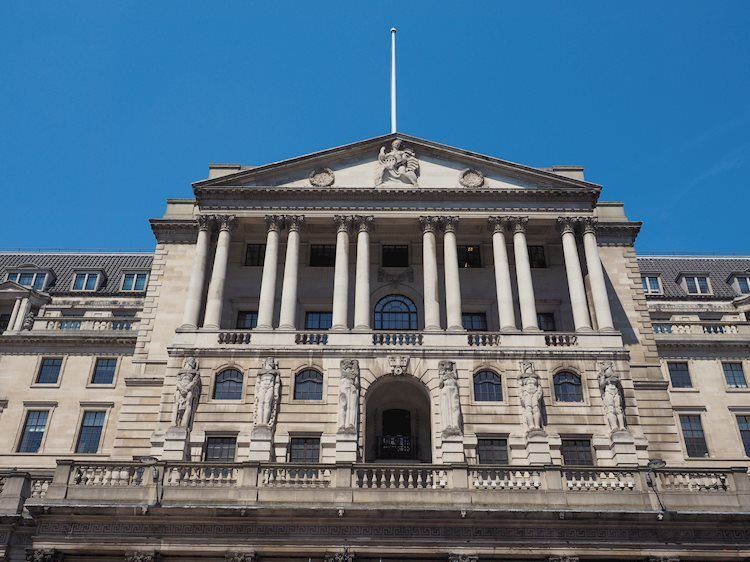On Friday, Catherine Mann, a member of the Bank of England’s Monetary Policy Committee, stated that inflation expectations are crucial to the outlook. Her remarks were in response to concerns about rising inflation rates in the United Kingdom. Mann stated that wholesale energy prices may begin to slow down the Consumer Price Index, which could lead to lower-than-expected inflation rates.
However, Mann also pointed out that the ongoing Brexit process is critical to food price inflation in the UK. This is because the UK’s food supply is heavily dependent on imports from other countries, and any changes in trade agreements or tariffs could significantly impact the price of food in the country. Therefore, Mann stressed the importance of ensuring that the Brexit negotiations do not lead to any disruptions in the UK’s food supply chain.
Despite these concerns about inflation and Brexit, the Pound was rising against the Euro on Friday. However, it was falling against the US Dollar, with GBP/USD trading above 1.2250 after testing earlier levels below 1.2200.
Inflation Expectations and the UK Economy
Inflation refers to the rate at which the general level of prices for goods and services is rising. Inflation can have both positive and negative impacts on the economy. On the one hand, moderate inflation can encourage spending and investment by creating a sense of urgency to buy goods and services before prices increase further.
However, high and unpredictable inflation rates can harm the economy in several ways. High inflation rates can erode the purchasing power of money, leading to a decrease in consumer spending and investment. This can ultimately lead to a decline in economic growth, as businesses are less likely to invest in new projects or expand their operations.
In the United Kingdom, inflation rates have been rising steadily in recent years. In 2020, inflation rates averaged around 0.6%, which is significantly lower than the UK’s target inflation rate of 2%. However, higher inflation rates in 2021 have led to concerns about rising prices and declining economic growth.
One of the key factors driving inflation rates in the UK is the cost of living. Higher costs for housing, food, and other essential goods and services can put pressure on inflation rates, as consumers are forced to spend more money on these items.
Brexit and the UK Economy
The ongoing Brexit negotiations have also had a significant impact on the UK economy. The UK’s decision to leave the European Union has led to significant uncertainty and disruption in many areas of the economy, including trade, investment, and labor markets.
One of the major concerns about Brexit is its impact on trade. The UK relies heavily on imports from other countries, and any changes to trade agreements or tariffs could significantly disrupt the country’s supply chain. This could ultimately lead to higher prices for goods and services, as well as decreased economic growth.
In addition to trade, Brexit is also likely to impact the UK’s labor market. Many businesses in the UK employ workers from other EU countries, and any changes to immigration laws could impact these workers’ ability to live and work in the country. This could lead to labor shortages and increased costs for businesses, which could ultimately lead to higher prices for consumers.
It is important to note that the full impact of Brexit on the UK economy is still unclear. The negotiations are ongoing, and it may take years before the full impact of Brexit is fully understood.
Conclusion
Inflation expectations and the ongoing Brexit negotiations are two major factors impacting the UK economy. While higher inflation rates can lead to increased economic growth, they can also harm the economy if they become too high or unpredictable. Similarly, the ongoing Brexit negotiations have created significant uncertainty and disruption in many areas of the UK economy, including trade and labor markets.
To ensure continued economic growth and stability, policymakers must work to address these issues and provide clear guidance and support to businesses and consumers. This will help to mitigate the negative impacts of inflation and Brexit and create a more stable and prosperous economy for all.


